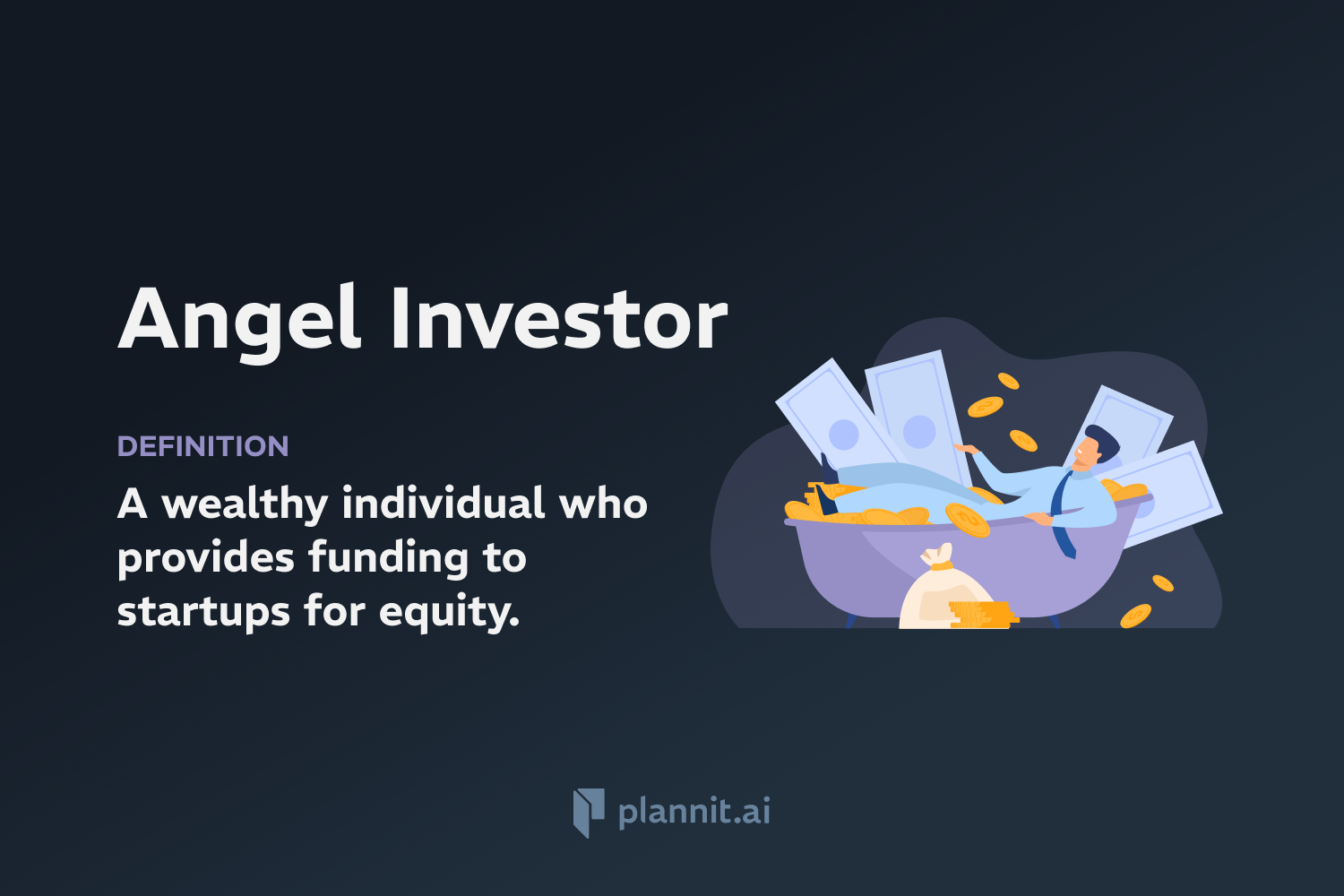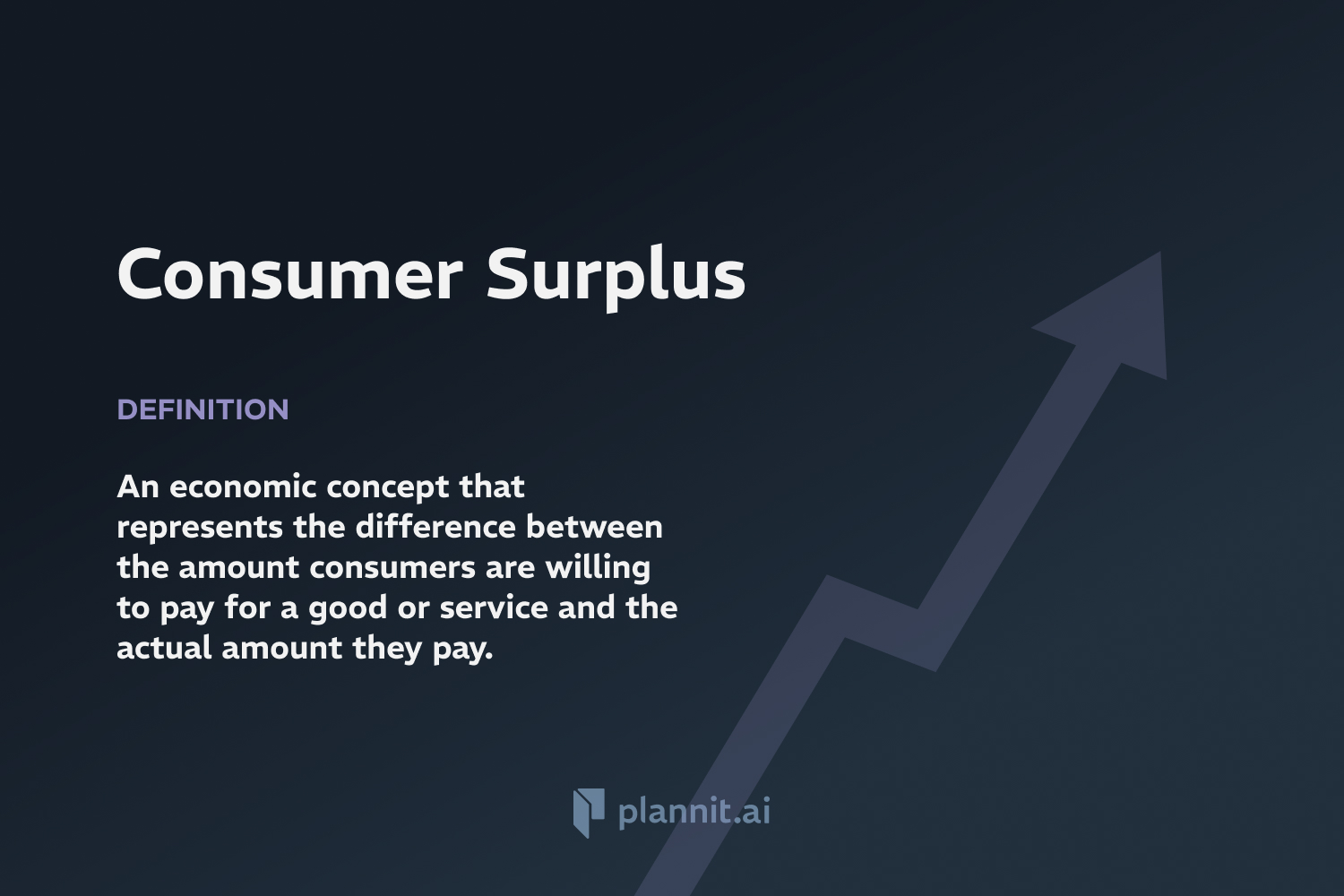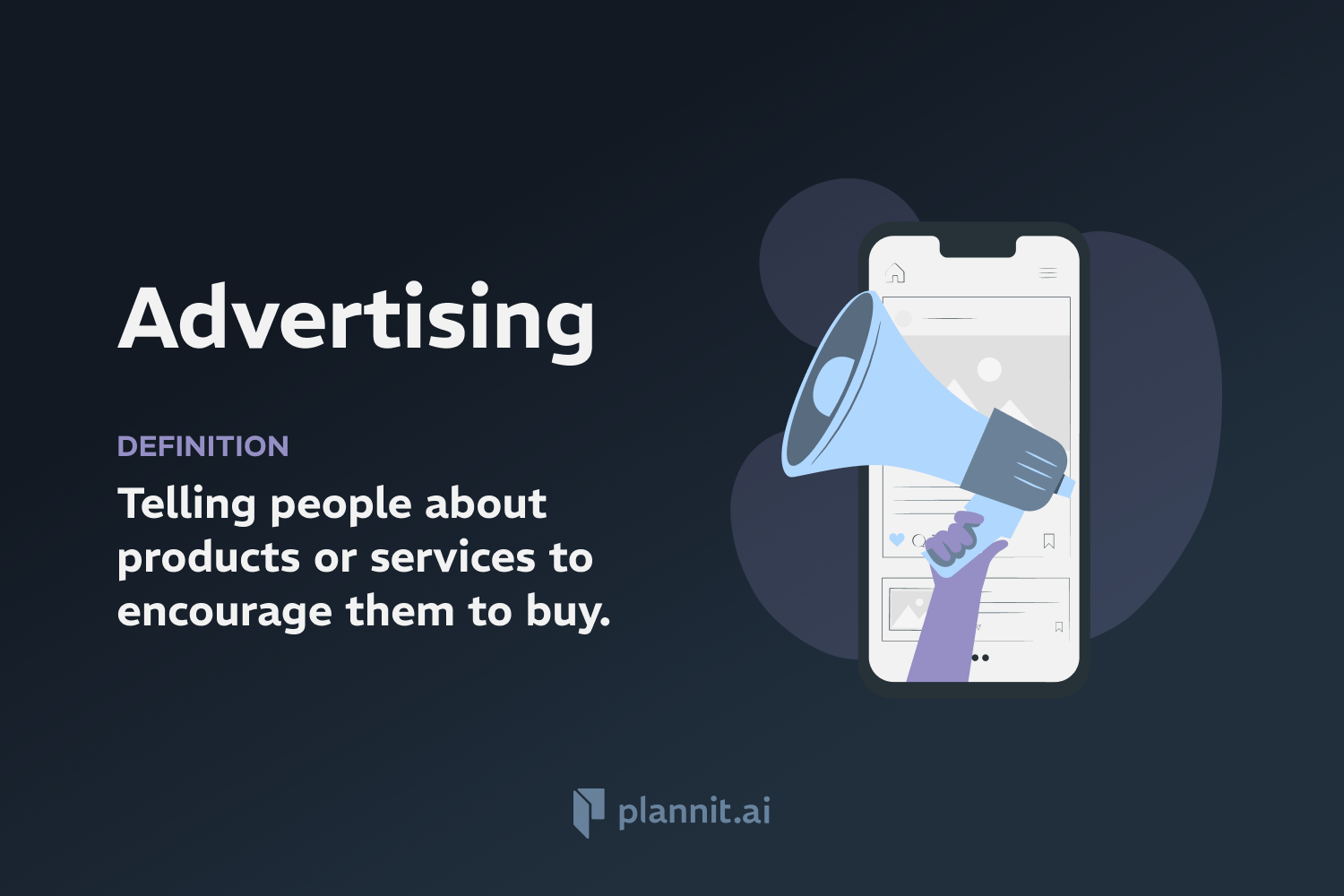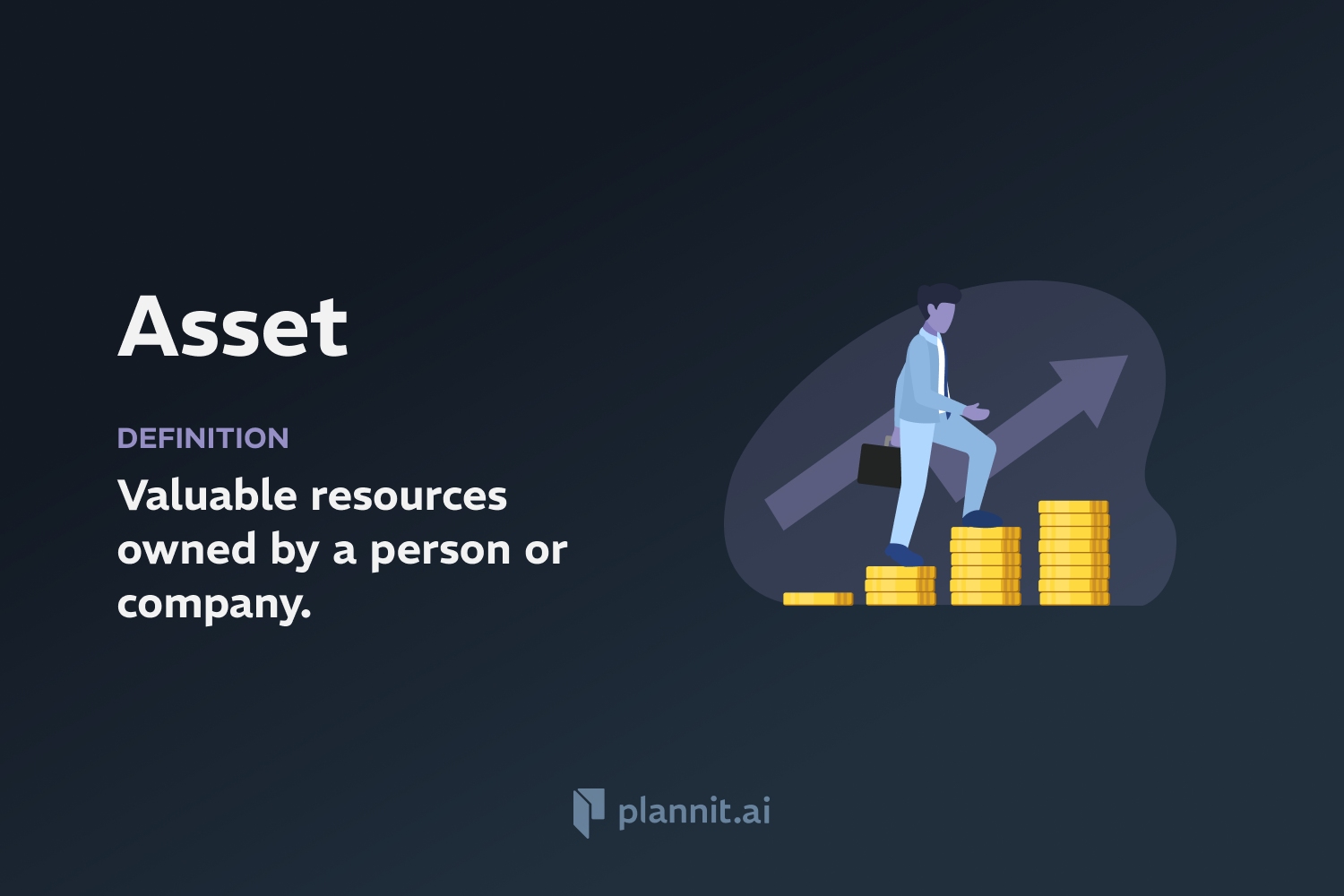Need Help With Your Business Plan?
Answer tailored questions and get a detailed business plan in minutes.
Angel Investor: Definition & In-Depth Explanation

Angel investors are affluent individuals who provide capital for a business start-up, usually in exchange for convertible debt or ownership equity. These investors are often retired entrepreneurs or executives, who may be interested in angel investing for reasons that go beyond pure monetary return. These include mentoring another generation of entrepreneurs and making use of their experience and networks. Angel investors play a crucial role in the early stages of a company's growth, filling the gap between the initial funding provided by friends and family and venture capital funding.
Purpose:
The purpose of angel investing is to support start-ups at a critical time in their development when they may be too early in the process to attract venture capital investment or secure loans from traditional financial institutions. Angel investors provide not only financial backing but also valuable expertise, guidance, and access to a broader network of potential partners or customers.
Example:
A tech start-up developing a new software platform for digital marketing might receive an initial investment of $100,000 from an angel investor. In exchange, the angel investor receives a 10% equity stake in the company. Beyond the financial investment, the angel investor, having extensive experience in the tech industry, provides mentorship to the start-up's management team and introduces them to key industry contacts.
Related Terms:
Venture Capitalist (VC): Professional groups or firms that manage funds to invest in companies with high growth potential in exchange for equity stakes.
Seed Funding: The initial capital used to start a business, often coming from the founders themselves, friends, family, or angel investors.
Equity Financing: Raising capital through the sale of shares in a company.
Convertible Debt: A type of investment that can be converted into equity, usually at the discretion of the investor, at a later date under specified conditions.
FAQs:
How do angel investors differ from venture capitalists?
Angel investors are individual investors who provide funding at the earliest stages of a start-up, often with their own money, while venture capitalists are firms that invest larger amounts of capital during later stages of growth, typically pooling money from various sources.
What do angel investors look for in a start-up?
Angel investors typically look for companies with a strong management team, a clear business model, significant growth potential, and a competitive edge in their market.
How can a start-up attract an angel investor?
To attract an angel investor, start-ups should have a solid business plan, demonstrate potential for high returns, show traction or progress in their business, and often have a connection or introduction to the investor.
What are the typical terms of an angel investment?
Terms can vary widely but often involve the angel investor receiving equity in the company. Terms may also include provisions for future buyouts, dividends, or involvement in company decisions.
Are there risks involved with taking on an angel investor?
While angel investors provide valuable resources and capital, there are risks, such as potential loss of control over business decisions, depending on the equity given away, and the pressure to deliver rapid growth to provide a return on the investor's capital.
Get funding with a business plan that will impress investors.
Starting a New Business?



